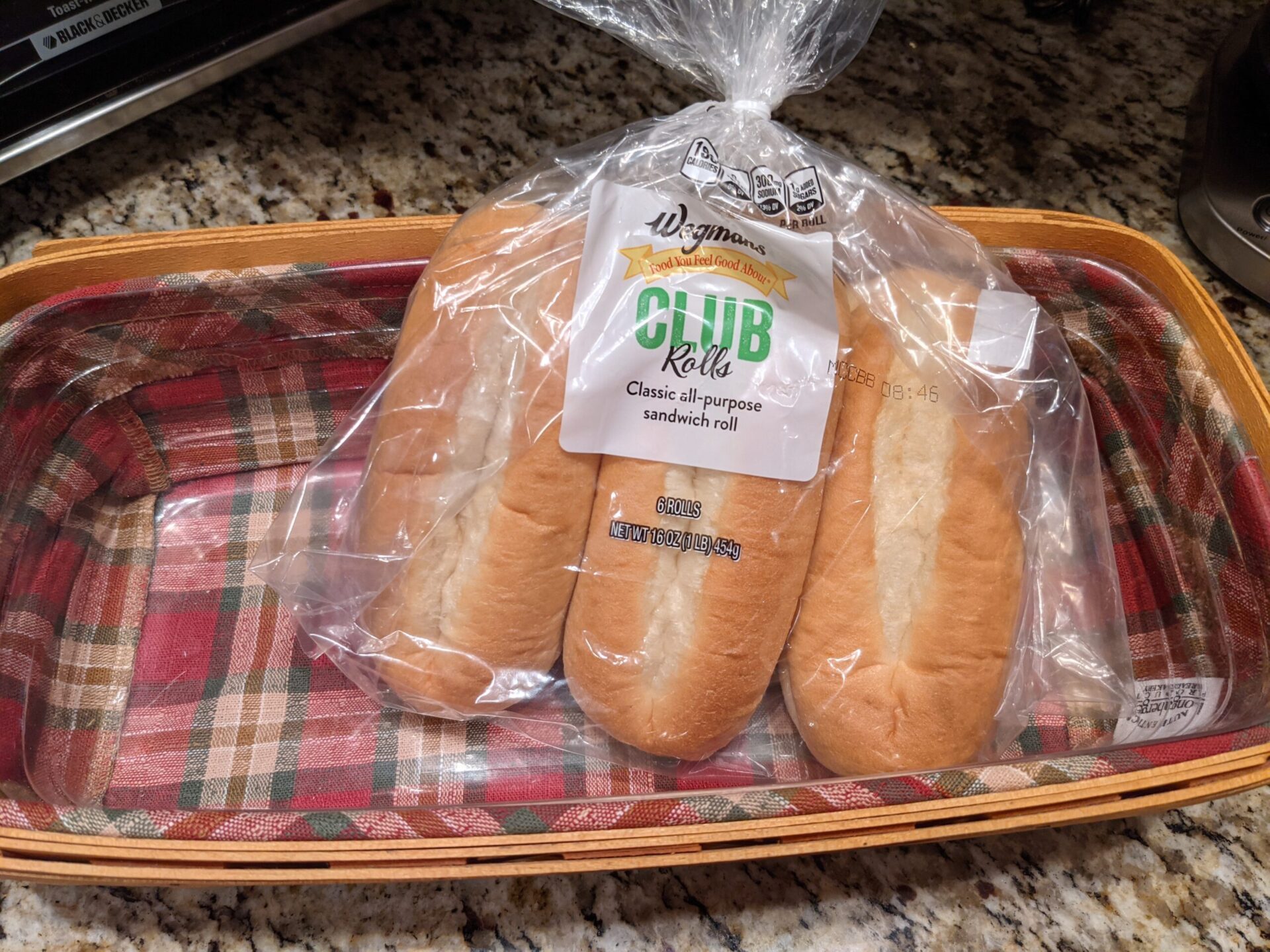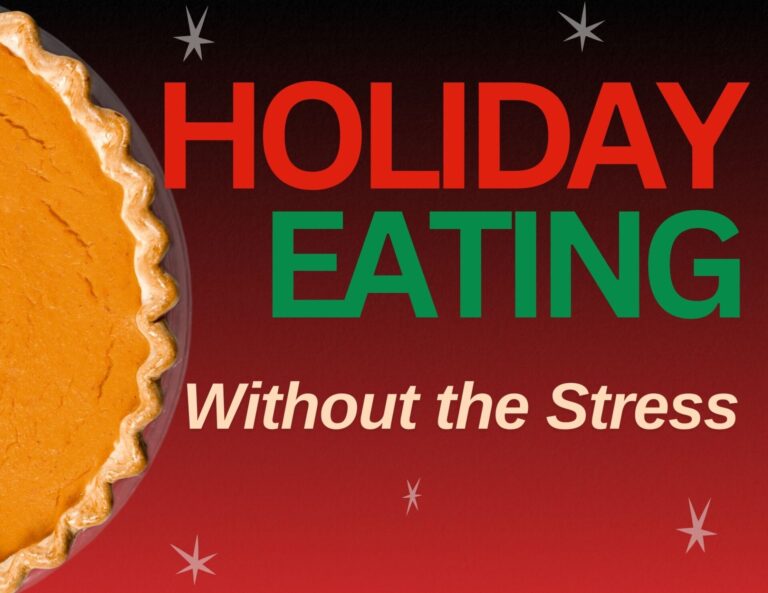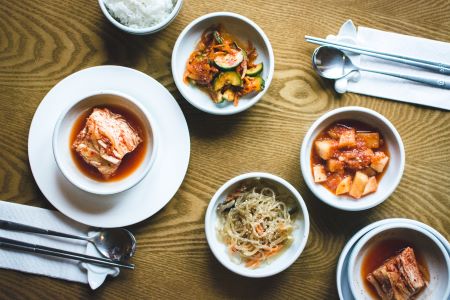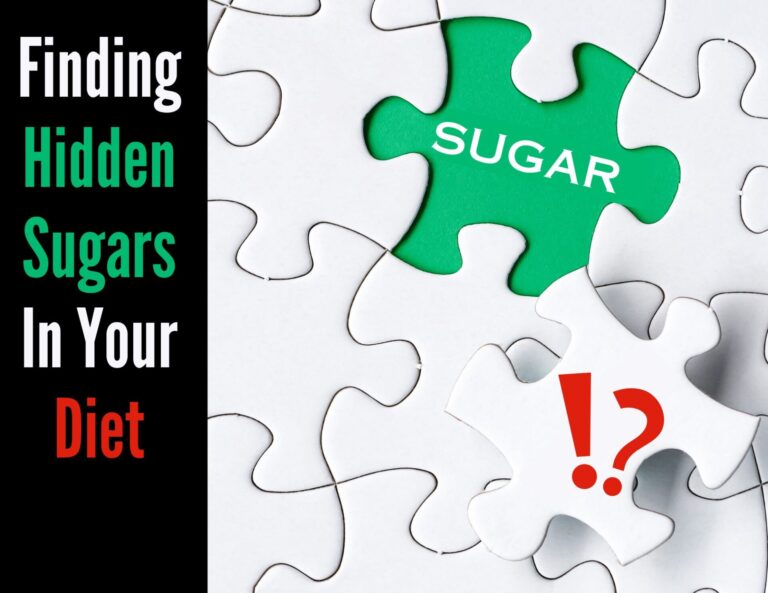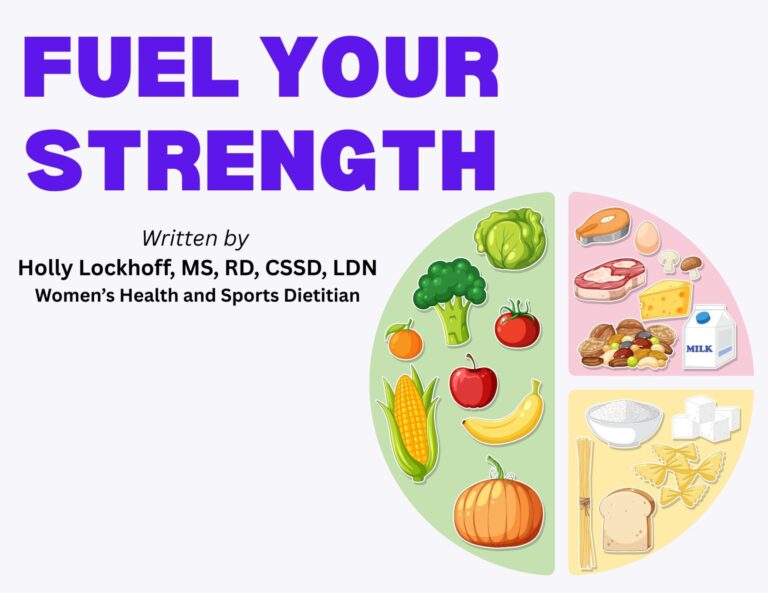This post may contain affiliate links. Read the full disclosure here.
Not All Calories Are Created Equal
If you want to lose weight, you’ve probably heard the good advice that you need to count calories to know what you’re really eating. Still true. The energy balance equation which says “if you consume more calories than you burn, you’ll gain weight” is also still true.
However, research indicates that not all calories are created equal. That means we need to look beyond the pure quantity of calories we consume into the nutritional value of those calories. Calories from processed carbohydrates (or foods with high glycemic index) wreak havoc on blood sugar levels.
Glycemic index (GI) is a ranking given to foods based on how they affect blood sugar. Foods are scored from 0-100. Manufacturers pay for their brand-name products to be ranked by University of Sydney Glycemic Index.
Some examples in the GI categories:
- High (>70): White rice, white bread, Gatorade
- Medium (56-69): Coca-cola, Raisin bran, couscous
- Low (<55): Wheat tortilla, apple, carrots
When consumed, high-glycemic foods cause spikes in blood sugar which are followed by huge drops in blood sugar. In an attempt to restore balance, the brain triggers the feeling of hunger cravings, most of which are for more high-glycemic foods. It is those cravings which are brought on by low blood sugar that can cause to overeat. And for those of us trying to lose weight, overeating tips the energy balance equation in the wrong direction. It becomes a dangerous game of highs and lows.
Bottom Line: If you’re counting calories but still just can’t seem to shake the cravings, take a deeper look. A calorie isn’t just a calorie. The nutritional content of the food you’re eating makes a difference in your health and weight loss efforts. If counting calories isn’t working, you probably need to limit refined carbohydrates for greater success.

